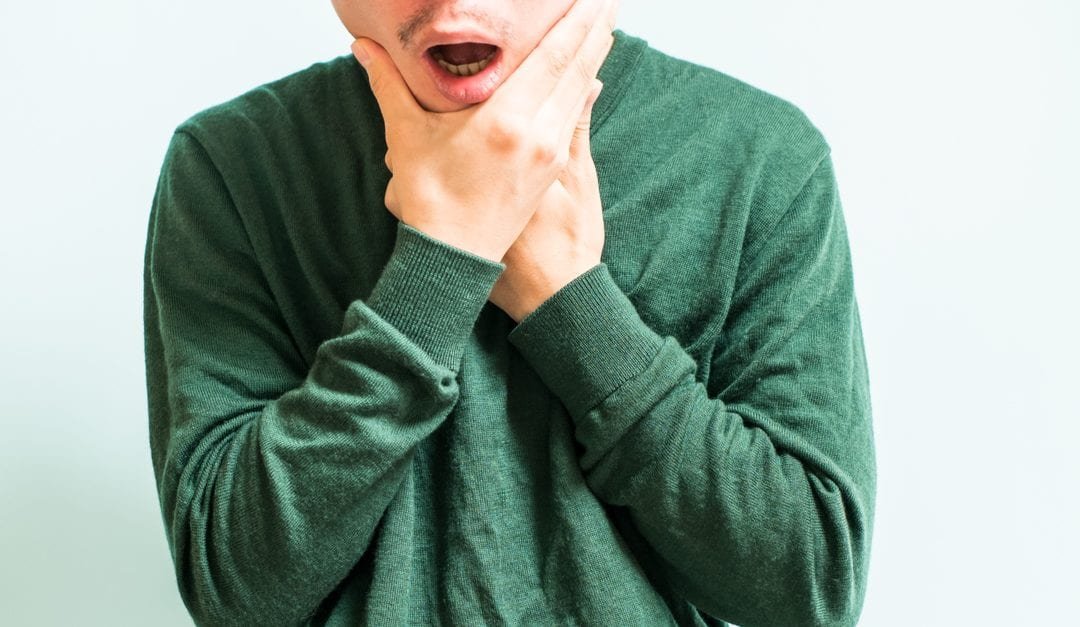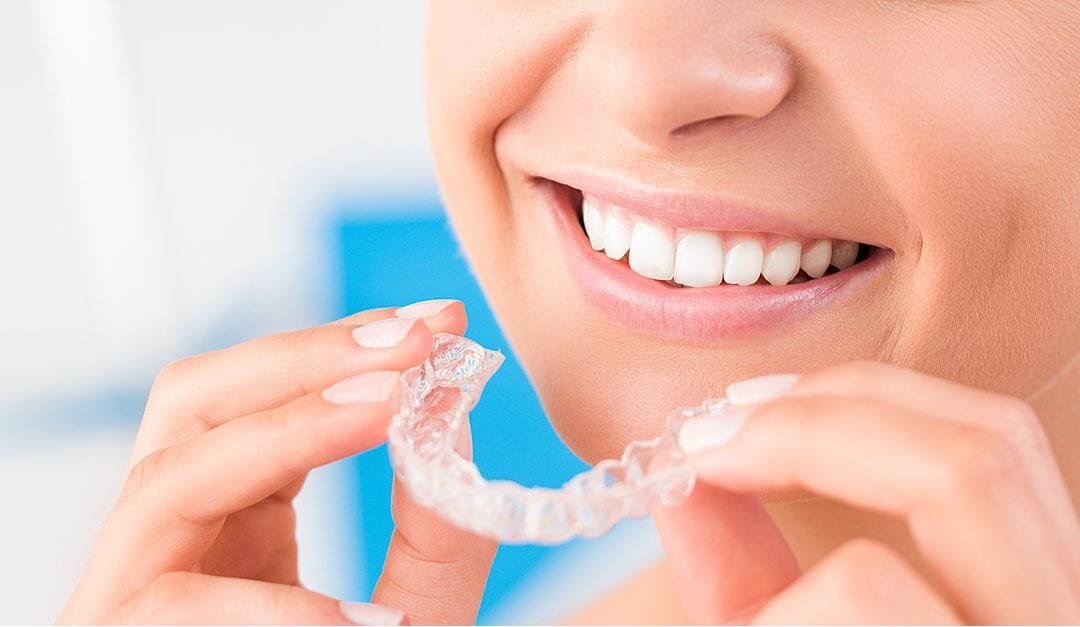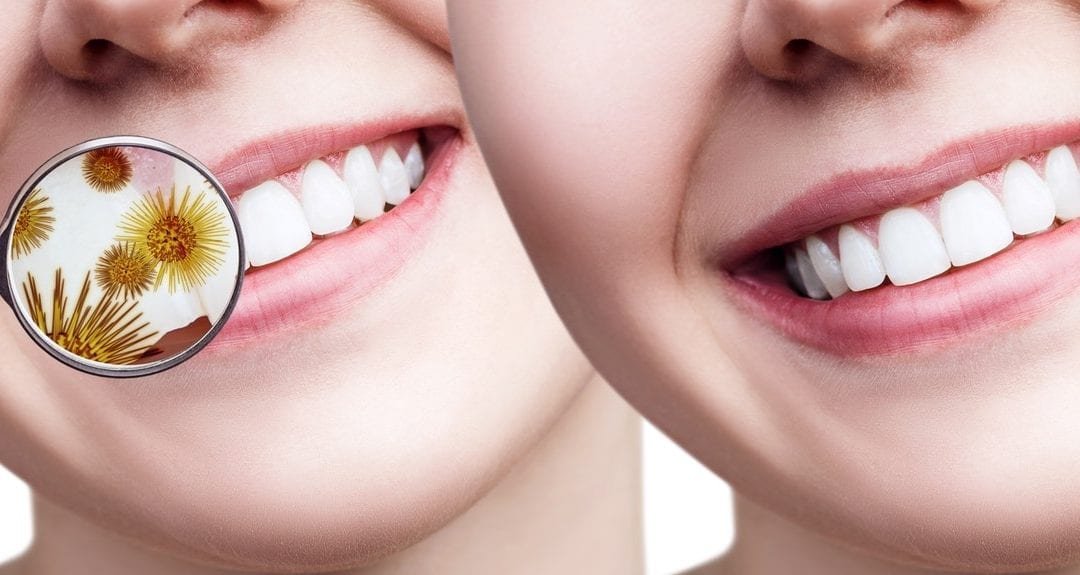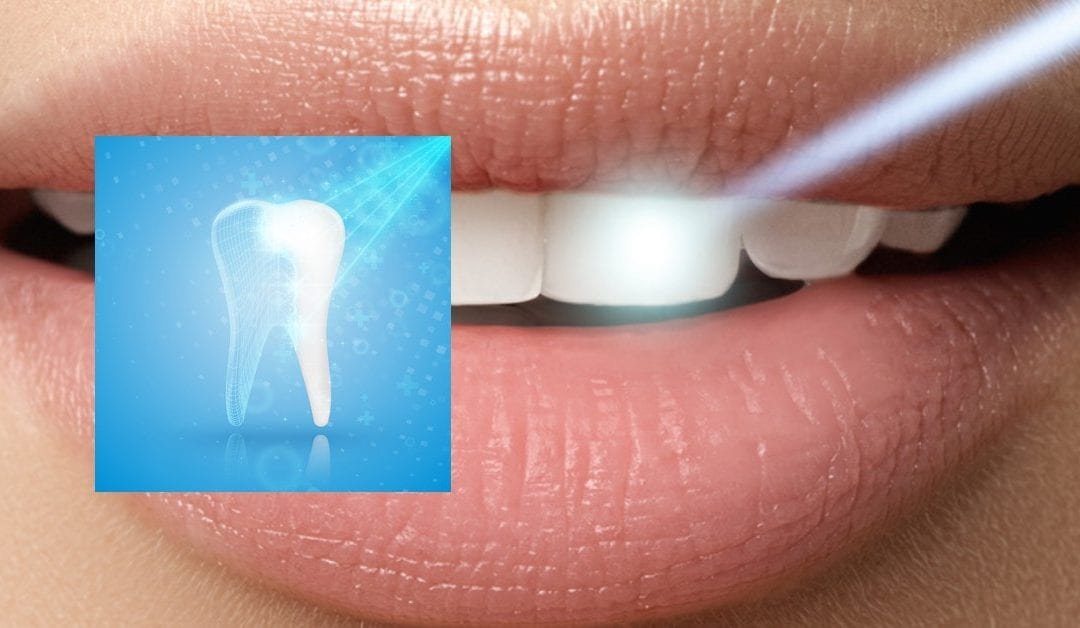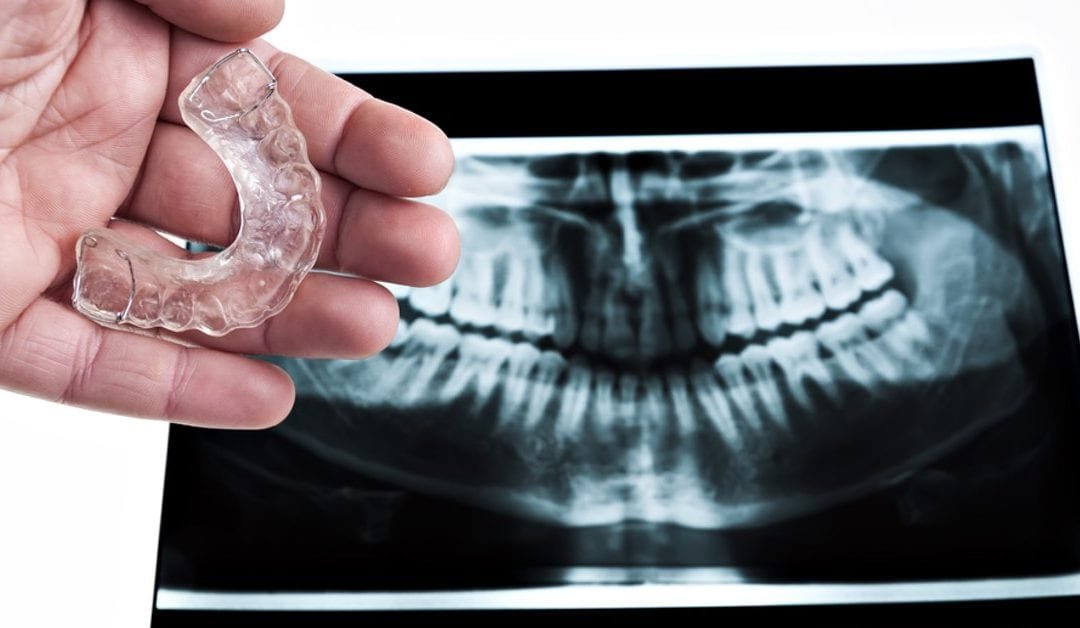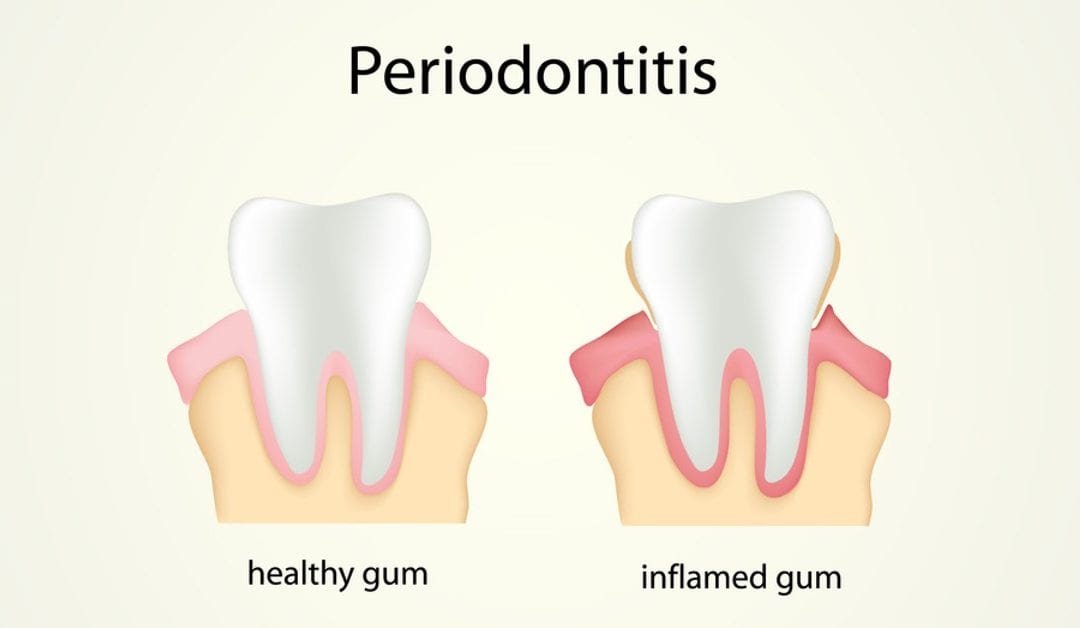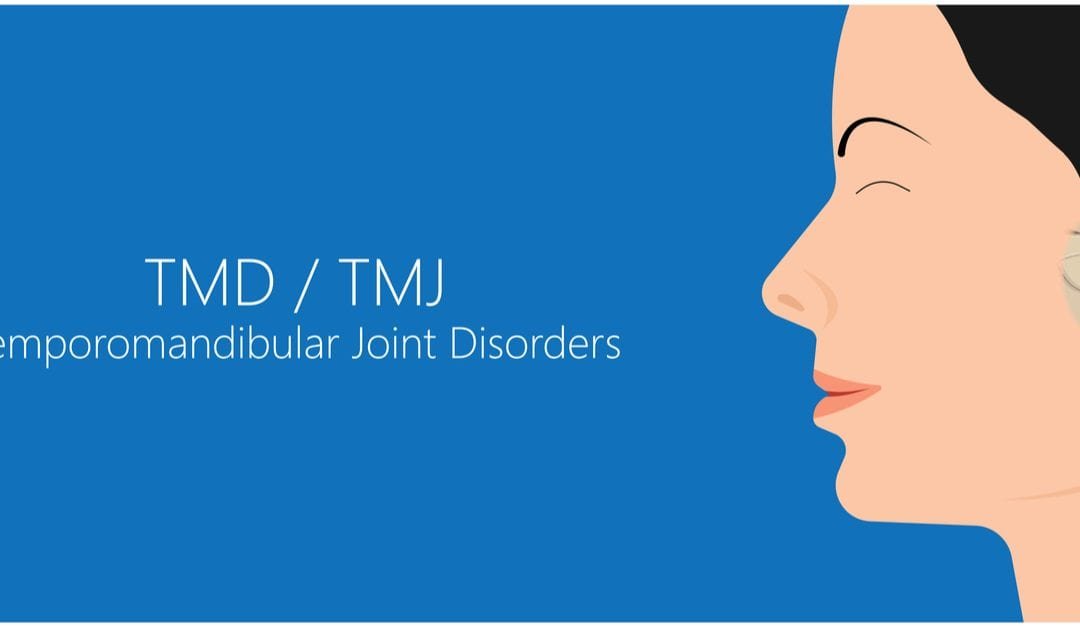
Temporomandibular joints are unique. They work like a sliding hinge. When they work the way they should, humans can perform all kinds of amazing feats with their mouths. We can eat, move our jaws from side to side, sing, and open wide to laugh. When these two joints don’t work correctly, they can cause jaw pain and headaches. These problems are sometimes called TMJ, which is the acronym for the temporomandibular joint.
TMJ Causes
There are several causes for TMJ — called TMD by some people. TMD stands for temporomandibular joint disorder. A TMJ disorder can have several causes. You may have injured your jaw because of an accident. People may suffer from a TMJ disorder when they are hit in the mouth while playing a sport, for example. A TMJ disorder can also occur if you are grinding or clenching your teeth at night. Many people clench their teeth while they sleep, or they grind their teeth. Often, this is because of stress or anxiety. Over time, clenching and grinding teeth can cause problems for your teeth, gums, and jaw. Bruxism (teeth grinding) puts a lot of pressure on your jaw and teeth for hours at a time.
People who suffer from poor oral health may also suffer from TMJ. Over time, as you lose teeth, other teeth will try to fill in the spaces. This causes your natural teeth to shift and may cause problems with your bite. And, this can affect your jaw.
TMJ Symptoms
There are several symptoms of a TMJ disorder. You could have all the symptoms or only a few. You need to remember that you have a TMJ on each side of your mouth. The joints are responsible for the opening and closing of your mouth. They move it from side to side and back and forth. Muscles and ligaments hold the lower jaw onto the upper jaw. A disk of cartilage sits between your lower jawbone and your skull. That disk could become inflamed, which is one of the causes of a TMJ disorder.
Many people with a TMJ disorder report pain in their jaws, especially when they open or close their mouths. Chewing food may become painful. They may also have problems opening and closing their mouths when they want to. TMJ disorders can sometimes make your jaw feel like it has frozen in place.
TMJ sufferers also report that their faces feel painful. They may have headaches and neck pain. In addition, they sometimes hear a popping or cracking sound when they chew. Some people with a TMJ disorder find it difficult to quietly chew their food at all. This is especially true if it is a hard fruit or a salad. They worry that everyone can hear them when they are eating.
TMJ Treatments
While a TMJ disorder is a condition no one wants to have, there are options. First, you may want to try anti-inflammatories for your jaw pain. These anti-inflammatories reduce both the pain and swelling, so they help many TMJ sufferers. You may also want to try applying cold compresses or ice packs to your joint to reduce the swelling.
If you worry you are clenching or grinding your teeth at night, wear a mouthguard. Just as sports mouthguards protect your teeth while playing a sport, night mouthguards can protect your teeth while you sleep. This is important if you do have bruxism because they prevent further inflammation of your jaw.
Are you concerned about your jaw pain? Are you worried you may have a TMJ disorder? Then, contact Maiden Lane Dental. You can find us in the Financial District of Manhattan, NYC.

